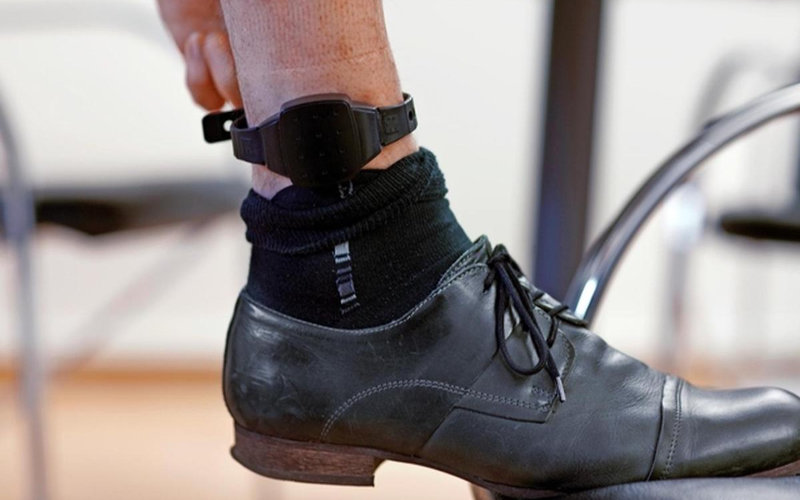Morocco Considers Alternatives to Pre-Trial Detention in Justice Reform Push

Morocco is moving towards the establishment of alternative sentences instead of pre-trial detention. The issue was at the heart of an international seminar held in Rabat.
"The challenge facing judicial and legislative institutions remains the search for alternatives to custodial sentences," said Moulay El Hassan Daki, Attorney General of the King at the Court of Cassation, who is also President of the Public Prosecutor’s Office, stressing that the draft law on alternative sentences is very ambitious and that its adoption will allow public prosecutors to rationalize pre-trial detention. "The issue of alternatives to pre-trial detention is now a priority, as it is the subject of political, legislative and human rights consensus," he specified. The senior magistrate added that the philosophy of juvenile justice requires that children always be in contact with the law and that deprivation of liberty must be the last resort, reports the daily Al Akhbar.
Submitted to the General Secretariat of the Government, the draft law on alternative sentences deals with "electronic fines, preventive measures and monitoring mechanisms, including electronic bracelets, probation and other sanctions that do not restrict freedom," said Abdellatif Ouahbi, Minister of Justice. According to the Secretary General of the Higher Council of the Judiciary (CSPJ) representing Mohamed Abdennabaoui, President of the Court of Cassation and Deputy President of the CSPJ, the increase in the recidivism rate among minors reinforces the need to find solutions to custodial sentences.
"The royal instructions recommend the modernization of the legal system by adopting a new criminal policy through the amendment of the criminal procedure and the Penal Code. The strengthening of the chances of release of detainees stems from the conviction that detention remains the most severe of the restrictive sentences," he added.
Related Articles
-

Morocco’s $38 Billion Infrastructure Overhaul: Paving the Way for Regional Dominance
7 September 2025
-

Morocco Cracks Down on Illegal Construction: Major Cities Face Scrutiny Amid Urban Planning Scandal
6 September 2025
-

Moroccan Police Bust International Phone Theft Ring: France-Morocco Sting Recovers Stolen Devices
6 September 2025
-

US Reaffirms Support for Moroccan Sovereignty in Western Sahara Dispute
6 September 2025
-

Severe Weather Alert: Moroccan Regions Brace for Intense Thunderstorms and Heavy Rainfall
6 September 2025